Stay connected. Have an impact.
Be part of the global CCS conversation. Stay informed, share ideas, and help shape the future of carbon management through collaboration and action.
Dive into our reports and publications for the latest thinking on CCS. Explore trusted research shaping decisions across policy, investment, and deployment.
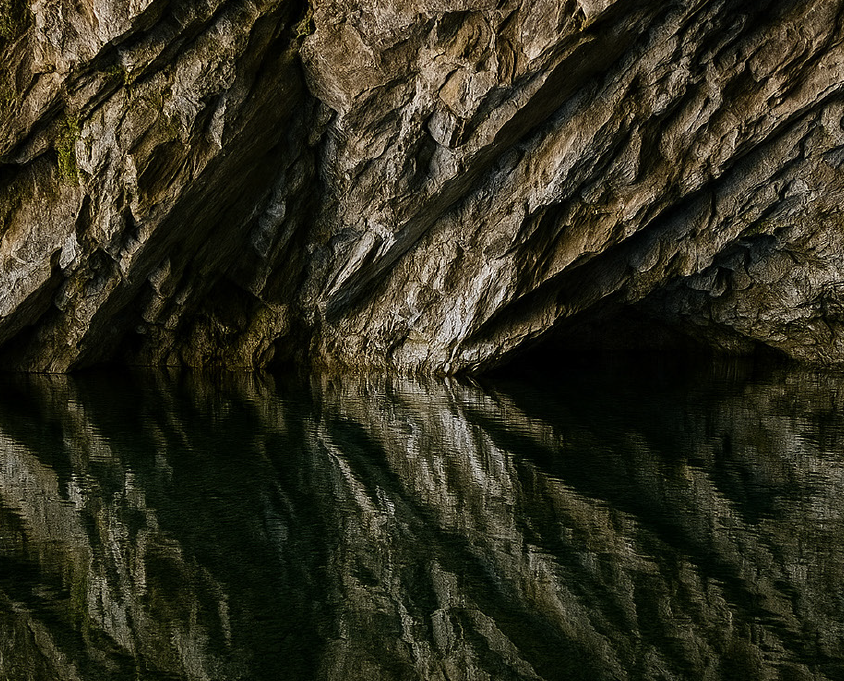
The Global CCS Institute’s latest report, Cost of CO₂ Storage, explores how geological and operational factors influence storage costs. It finds that boundary conditions (whether a reservoir behaves as an open or closed system) are the key determinant, shaping the economics of CO₂ storage and informing scalable, cost-effective deployment strategies.
Search

21 January 2026
CCUS is poised to become a major pillar of China’s strategy to achieve carbon neutrality before 2060. This report identifies existing regulatory gaps and offers actionable recommendations to assist China in establishing an environmentally responsible and internationally aligned framework for geological storage.

16 December 2025
The Global CCS Institute’s COP30 Outcomes report reviews the Belém summit, highlighting progress on translating political consensus into operational frameworks for carbon management technologies. It examines negotiations on fossil fuel transition, voluntary roadmaps, industry engagement, and CCS deployment, underscoring both the challenges and opportunities in advancing carbon management.

5 November 2025
Shipping is steadily emerging as an attractive alternative for CO₂ transport, especially for early movers in CCS project planning. This report, published by the Global CCS Institute, provides a review of the status of shipping-based CO₂ transport and an assessment of its medium-term prospects over the next 15 years.
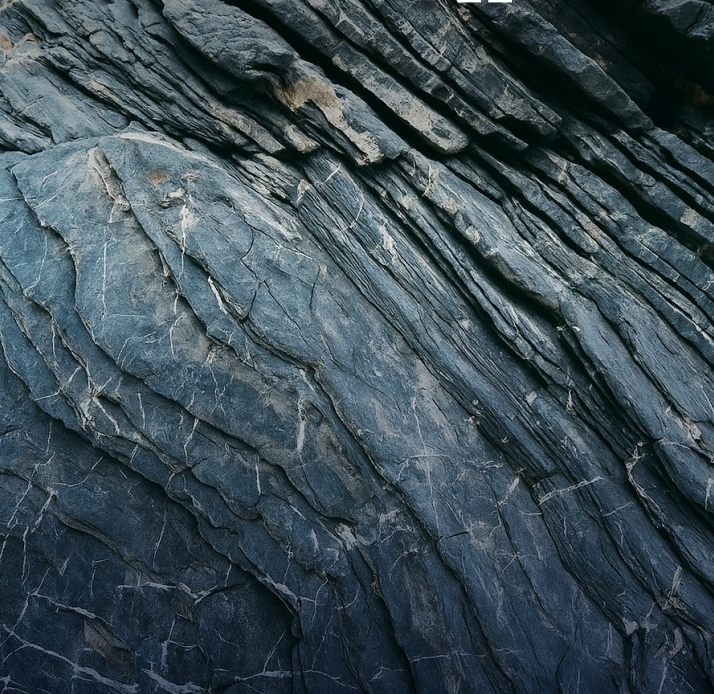
12 September 2025
Read the Institute’s perspective ‘The Safety and Permanence of CO₂ Geological Storage,’ exploring decades of research, regulatory frameworks, and diverse projects worldwide. It highlights the proven safety, reliability, and scalability of CO₂ storage, underscoring its central role in advancing CCS and tackling climate change.
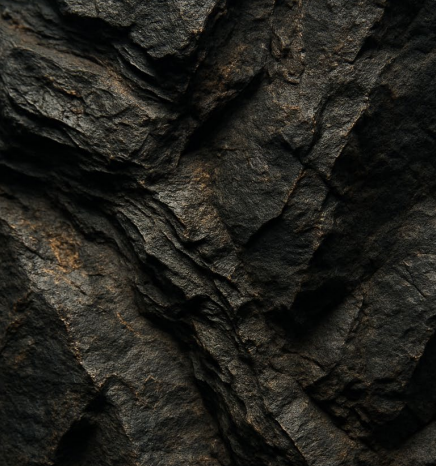
8 September 2025
Read the Institute’s perspective ‘The Monitoring of CO₂ Geological Storage,’ authored by Aishah Hatta, Chris Consoli, and Mojtaba Seyyedi - exploring risk management, monitoring tools, and regulatory frameworks that ensure safe, scalable CCS deployment and robust oversight of storage projects throughout their lifecycle
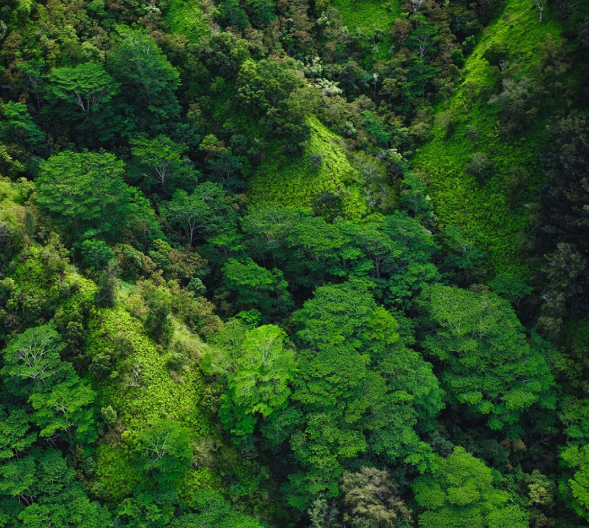
28 August 2025
This briefing by Noora Al Amer examines carbon capture and storage's growing role in international climate politics ahead of COP30. It analyses how nations approach CCS through different strategic lenses - from industrial competitiveness to revenue generation - and explores opportunities and challenges for advancing CCS in climate diplomacy.
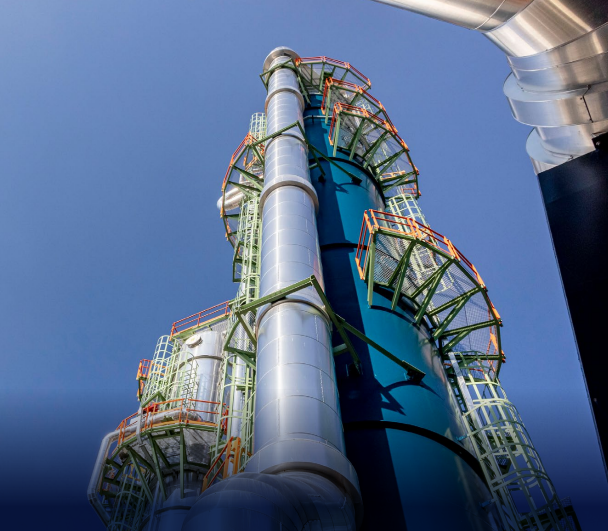
14 August 2025
Released alongside State of the Art: CCS Technologies 2025, Editor’s Insights distils contributions from over 80 technology providers to highlight key trends in energy use, target industries, and technology readiness - offering a concise overview of the latest developments shaping the global CCS technology landscape.

1 August 2025
Explore “State of the Art: CCS Technologies 2025” - the Institute’s annual showcase of over 160 CCS solutions from 80+ companies. The report highlights global innovations across capture, transport, and storage, illustrating how cutting-edge technologies are driving real-world progress toward a net-zero future.
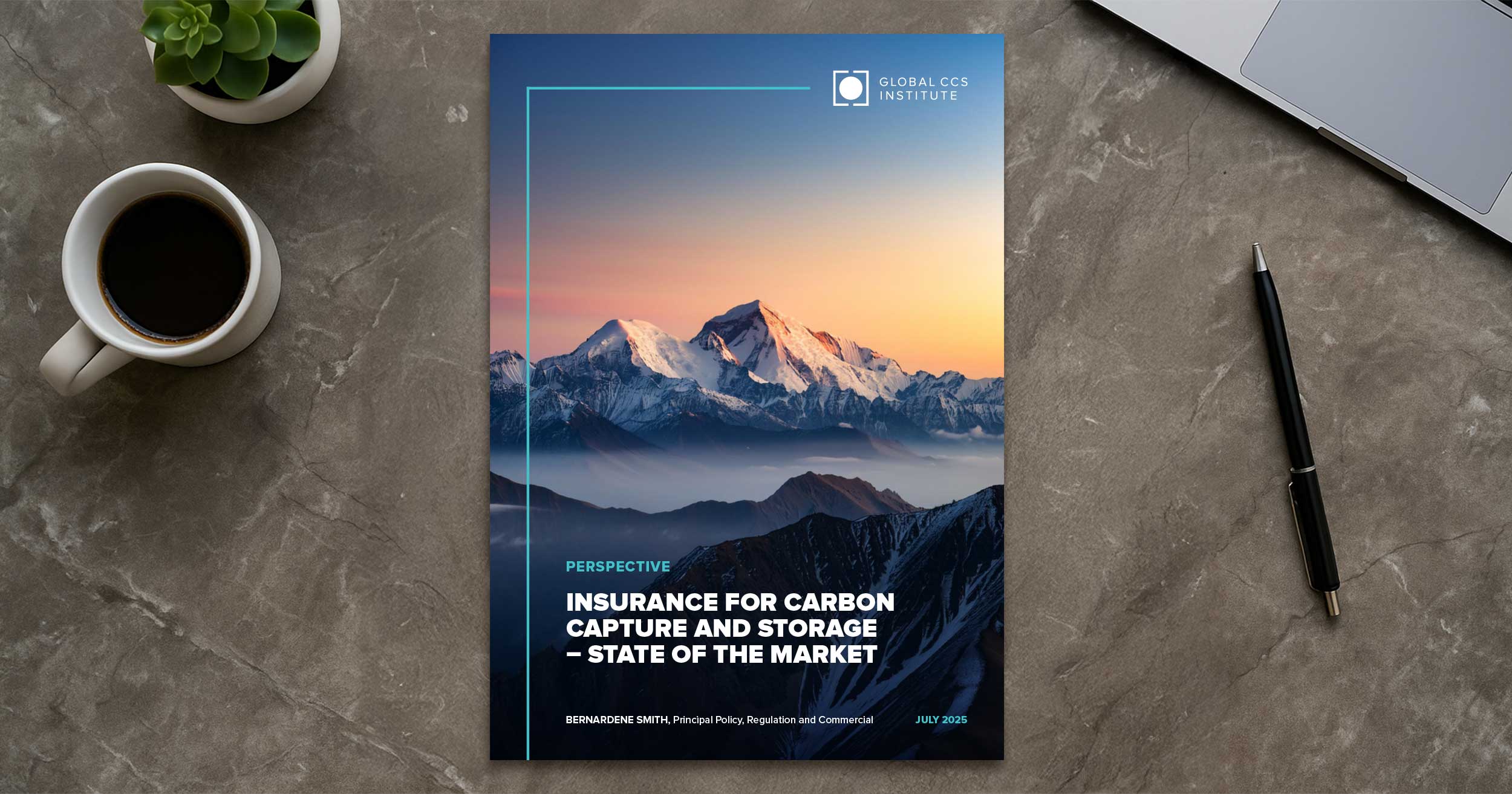
18 July 2025
Rapid CCS scale-up depends on effective risk management, with insurance playing an increasingly vital role. Coverage options for CO₂ storage are expanding, including products designed to address and protect against carbon credit and tax credit reversals, supporting project deployment and investor confidence.
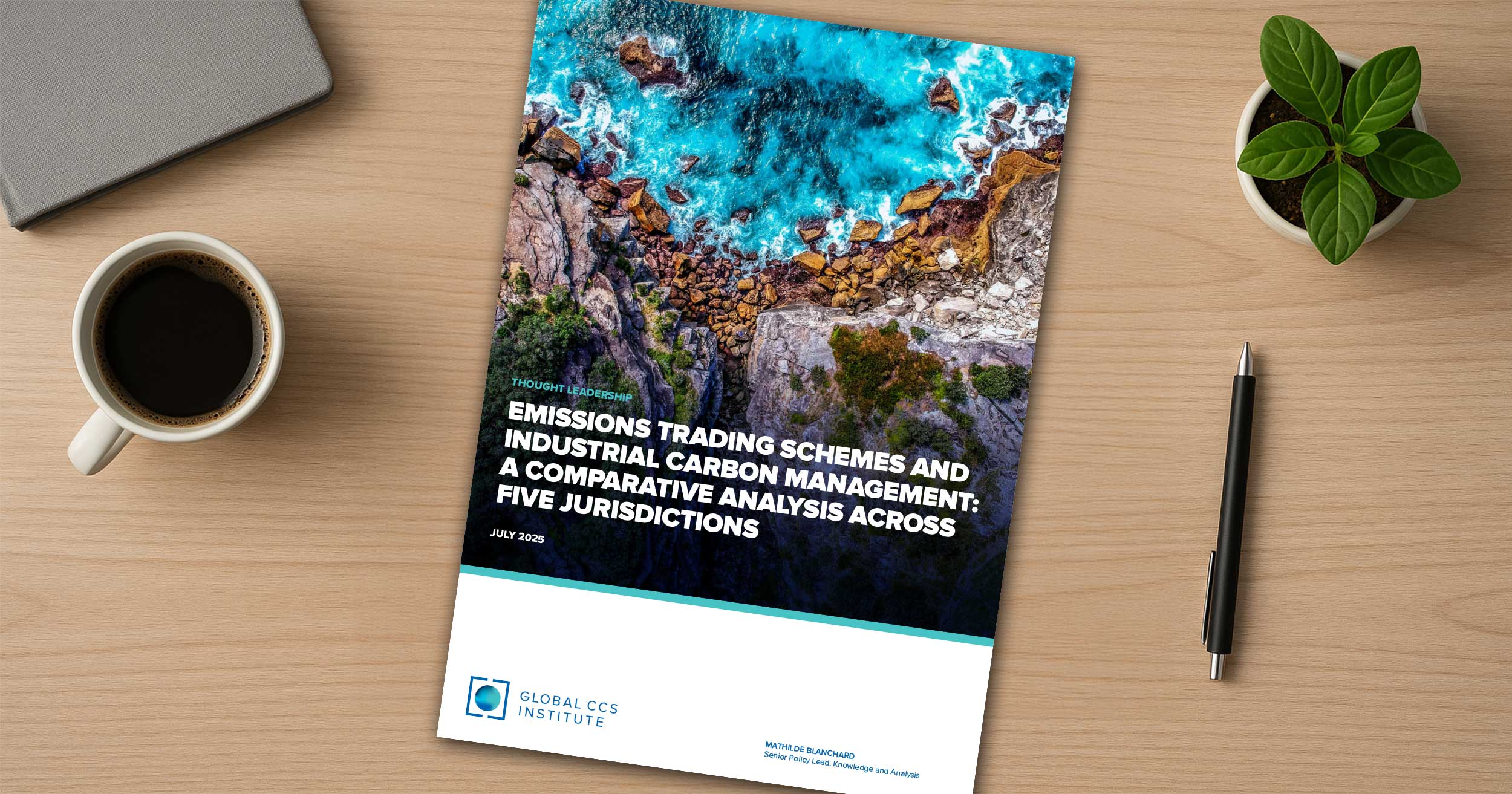
16 July 2025
CCS is accelerating globally, with policy and emissions trading schemes (ETS) driving deployment. This report compares five ETS frameworks, examines CCS and carbon removal treatment, explores supportive policy designs, and assesses evolving approaches to industrial carbon management, offering insights for scaling CCS and engineered carbon solutions.

10 July 2025
This mid-2025 update reviews key CCS policy, legal and regulatory developments across Europe, the Americas, the Middle East and Africa, and Asia-Pacific. It also explores the International Maritime Organization’s new Net-Zero Framework, highlighting CCS’s potential role in supporting compliance and advancing global momentum.

4 July 2025
Carbon Contracts for Difference (CCfDs) are emerging as a key tool for industrial decarbonisation, providing financial certainty for CCS. This report examines five European schemes, exploring design, operation, and implications for CCS projects, with insights on project selection, payment structures, risk management, and policy effectiveness.